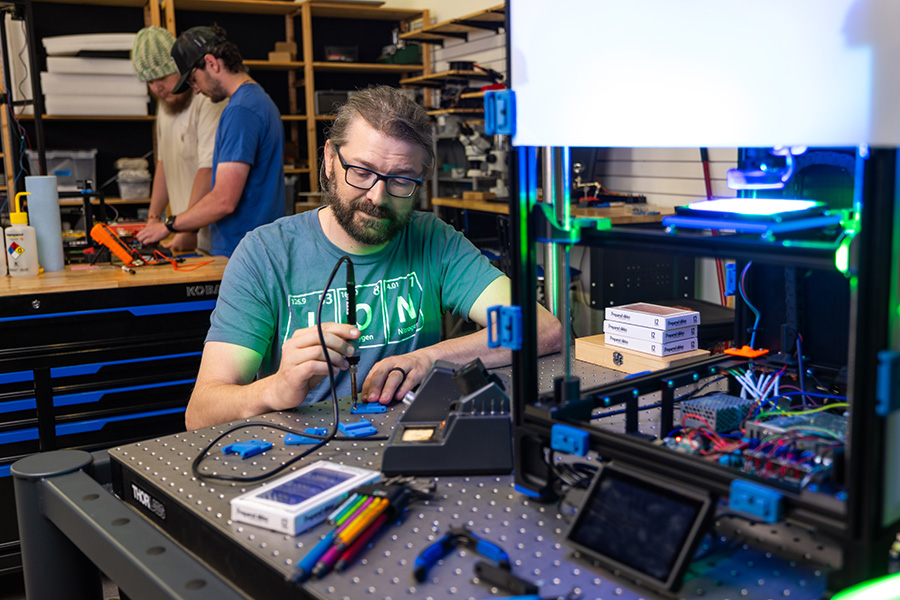
Dr. Zachary Russell, assistant professor in the Department of Physics and Astronomy at App State, center, works with student researchers Ethan Humphries, a senior physics major from Kings Mountain, and Hunter Corman ’24, an engineering physics graduate student from Morehead City, pictured in the background, in the Ion Innovations Scientific Instrumentation Development Lab in Boone to assemble 3D-printed components for rapid prototyping of microscope designs. Russell has been awarded a $2.3 million grant from NCInnovation to develop and market an AI-enhanced robotic microscope for simple and rapid identification of parasites in livestock and poultry. Photo by Chase Reynolds and Kyla Willoughby
BOONE, N.C. — Appalachian State University researcher Dr. Zachary Russell, assistant professor in the Department of Physics and Astronomy, has been awarded a $2.3 million grant from NCInnovation (NCI) to develop an AI-enhanced robotic microscope with the potential to advance North Carolina’s status as a national leader in agriculture.
Russell explained that the microscope he and his team are developing will radically reduce the time, expertise and cost needed to identify parasites in livestock and poultry, which stands to improve animal health, disease outbreak prevention and food safety.
“By advancing technology that supports our state’s farmers and strengthens food production systems, Dr. Russell and his research team will help fuel economic resilience and prosperity across North Carolina’s communities,” said App State Chancellor Heather Norris. “This investment recognizes the power of App State's applied research to deliver innovative solutions with a focus on real-world impact.”
The grant — the largest in this round of funding, as well as in NCI’s history — is part of $13.6 million in research and development funds NCI recently approved in support of 17 projects at North Carolina universities. The grant figures are preliminary and will not be final until contract agreements are signed.
NCInnovation is a nonprofit organization and public-private partnership that provides grant funding, mentorship and partnership development to support research and discoveries with practical and commercial potential at North Carolina’s public universities, with a goal to support economic growth and job creation across the state.
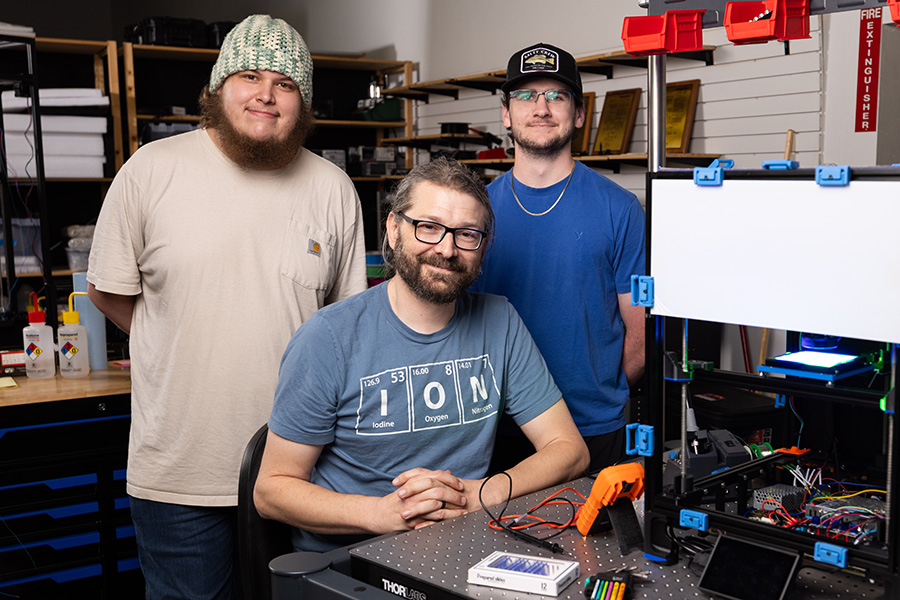
Dr. Zachary Russell, assistant professor in the Department of Physics and Astronomy at App State, center, and App State student researchers Ethan Humphries, a senior physics major from Kings Mountain, left, and Hunter Corman ’24, an engineering physics graduate student from Morehead City, are pictured at the Ion Innovations Scientific Instrumentation Development Lab in Boone, where they are developing an AI-enhanced robotic microscope for simple and rapid identification of parasites in livestock and poultry — work supported by a $2.3 million NCInnovation grant. Photo by Chase Reynolds and Kyla Willoughby
“My team and I are thrilled to be receiving such overwhelming support,” said Russell. “This funding will enable us to rapidly bring an incredible AI and robotics-enhanced microscope technology to market, which will let us serve a critical need of one of our state’s largest industries.”
The rollout of the robotic microscope aims to build the foundation for a corporation that will produce the devices in Western North Carolina and provide software development and product service, with a goal of creating rugged versions of the tool that can be used directly in the field, Russell said.
Co-principal investigators on the initiative are Dr. Mathieu Therezien, an affiliate faculty member in the Department of Physics and Astronomy, and Dr. Christopher Thaxton, professor in the Department of Physics and Astronomy.
“Zach and Mathieu have developed a proprietary and highly scalable technology with applications that go well beyond identifying and classifying fecal parasites in livestock,” said Thaxton. “By successfully tailoring this technology to meet the needs of North Carolina’s agricultural industry, we see potential pathways to broader commercialization across multiple markets, both within the state and nationally.”
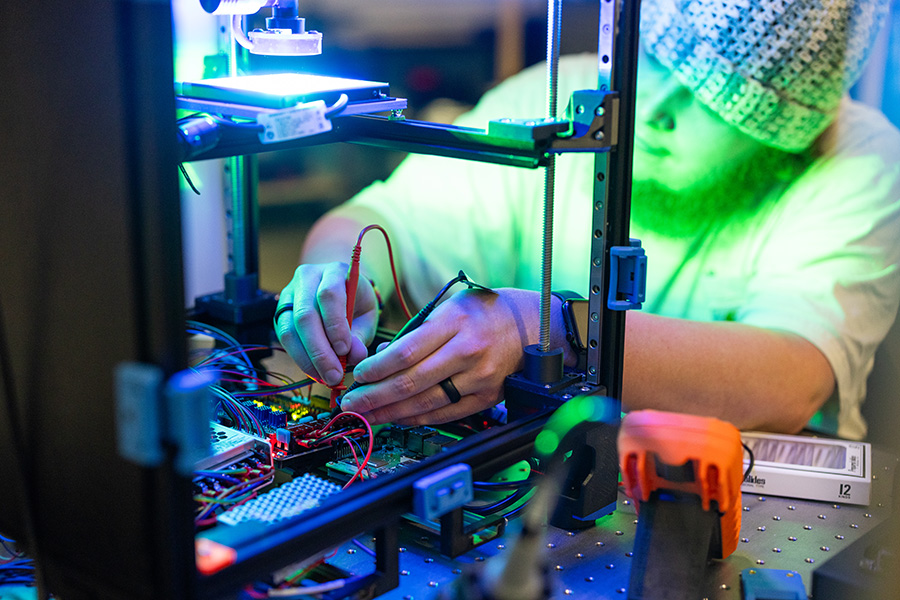
App State student researcher Ethan Humphries, a senior physics major from Kings Mountain, performs electrical testing of the microcontrollers powering and driving a robotic microscope in a newly funded project under development by Dr. Zachary Russell, assistant professor in the Department of Physics and Astronomy at App State. Photo by Chase Reynolds and Kyla Willoughby
Opportunities for economic growth, student research
“This significant level of funding from NCInnovation will provide opportunities to develop and roll out a tool that stands to generate jobs, provide student research opportunities and have an important, positive impact on our agricultural community,” said Dr. Christine Hendren, vice provost of research and innovation at App State. “Dr. Russell and his team exemplify the high quality of research and creativity that we are so proud of and that we aim to support in our App State faculty.”
Fecal parasites result in a 20% loss in many livestock sectors — a figure likely to increase due to the impacts of Hurricane Helene, according to Russell, who added that North Carolina ranks among the top states for livestock and poultry production in the U.S., contributing $7.4 billion annually.
Fecal analysis relies on manual processing and is time-consuming due to the need to have a trained expert examine each sample in a lab. The robotic microscope under development by Russell’s team overcomes limitations of traditional microscopy by using AI, automation and novel improvements in rapid image capture technology — advances that enhance image clarity and processing for easier, swifter and more accurate identification of parasites.
The App State research and development team is working with Pet Care Clinic of the High Country, area representatives from the N.C. Cooperative Extension, and the North Carolina Department of Agriculture and Consumer Services Veterinary Division to ensure the tool meets consumer needs and industry standards. The NCInnovation grant also includes funding to support a postdoctoral researcher, a research scientist and five student researchers for the project.
Additionally, the North Carolina School of Science and Mathematics in Morganton (NCSSM) received a subaward as part of the grant and will collaborate with the App State team to create a summer research and innovation program, during which NCSSM students will visit App State to assist with the initiative.
As one of seven regional NCInnovation hubs, App State assists researchers by connecting them with industry and business services, helping advance their research so it can become widely available and applicable for the marketplace.
Russell is the second App State faculty member to receive an NCInnovation grant. Dr. Rahman Tashakkori, the Lowe’s Distinguished Professor of Computer Science in the Department of Computer Science, was awarded over $640,000 in grant funding from NCInnovation in spring 2024 for his work on the Beemon Hive Monitoring System — an innovative tool for decreasing honeybee die-off and increasing hive production. This funding is helping to bring parts of the system to market that will assist beekeepers in preserving the health of their hives.
The robotic microscope project is a collaboration with Boone-based tech company Ion Innovations. Founded by Russell, the company has been providing App State students with summer internships and research experiences since moving to the area in 2020.
Learn more about NCInnovation.
What do you think?
Share your feedback on this story.
The monitoring system could help decrease honeybee die-off, improve hive production
University’s commitment to applied research benefits students, communities and industries
About the Department of Physics and Astronomy
The Department of Physics and Astronomy’s curriculum has an applied nature that includes a core of fundamental physics courses and laboratory experiences. The department prepares graduates for a variety of scientific, teaching or engineering professions, as well as future educational endeavors. Learn more at https://physics.appstate.edu.
About the College of Arts and Sciences
The College of Arts and Sciences (CAS) at Appalachian State University is home to 17 academic departments, two centers and one residential college. These units span the humanities and the social, mathematical and natural sciences. CAS aims to develop a distinctive identity built upon our university's strengths, traditions and locations. The college’s values lie not only in service to the university and local community, but through inspiring, training, educating and sustaining the development of its students as global citizens. More than 6,800 student majors are enrolled in the college. As the college is also largely responsible for implementing App State’s general education curriculum, it is heavily involved in the education of all students at the university, including those pursuing majors in other colleges. Learn more at https://cas.appstate.edu.
About Appalachian State University
As a premier public institution, Appalachian State University prepares students to lead purposeful lives. App State is one of 17 campuses in the University of North Carolina System, with a national reputation for innovative teaching and opening access to a high-quality, cost-effective education. The university enrolls more than 21,000 students, has a low student-to-faculty ratio and offers more than 150 undergraduate and 80 graduate majors at its Boone and Hickory campuses and through App State Online. Learn more at https://www.appstate.edu.
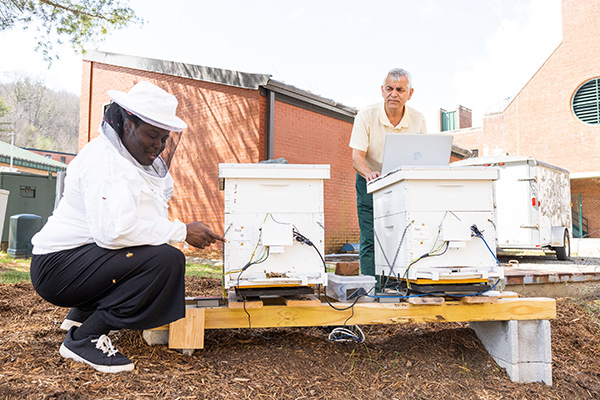
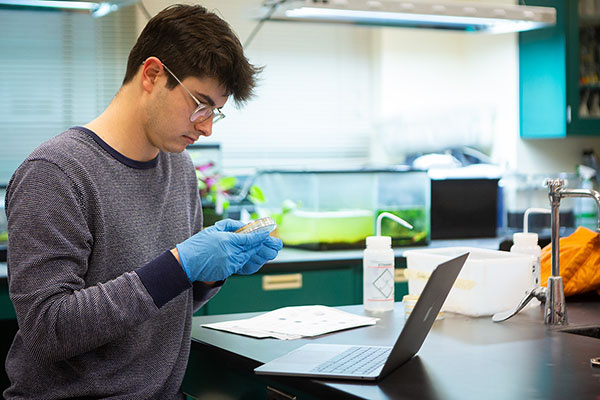
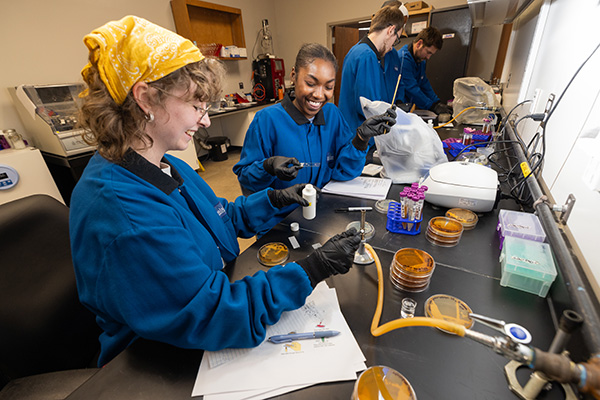
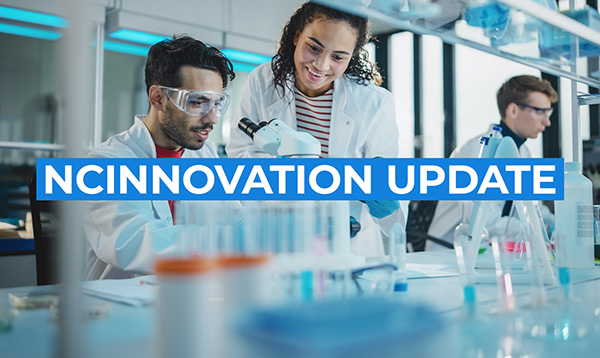



![How NCInnovation Is Rethinking Economic Development in North Carolina [faculty featured]](/_images/_posts/2026/02/rethinking-economic-development-600x400.jpg)







